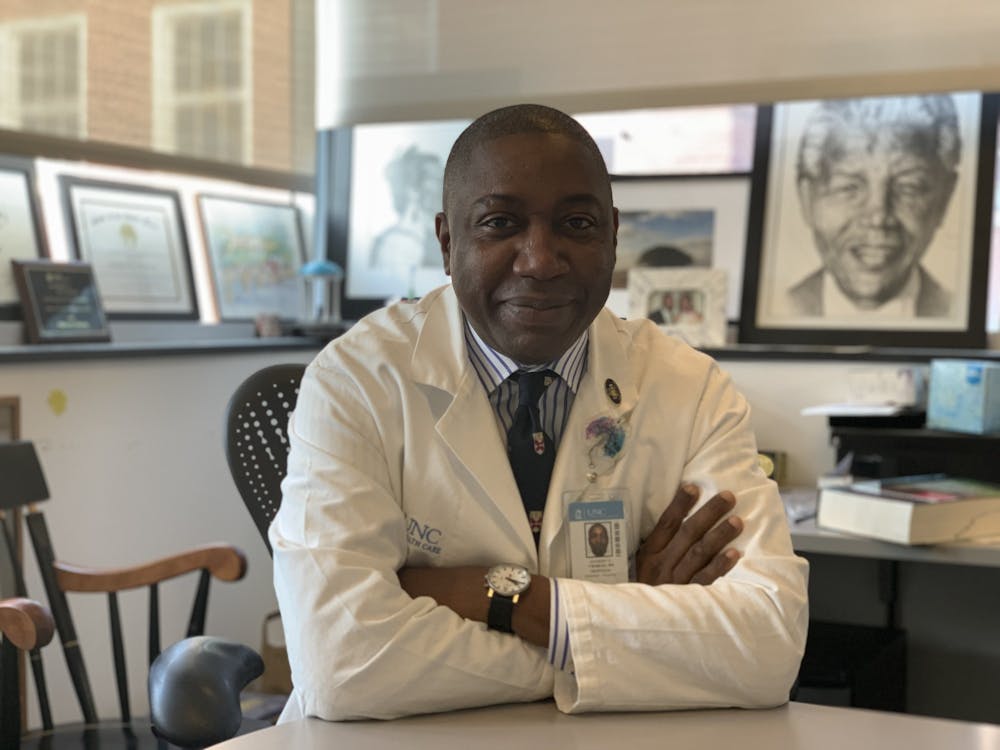When Dr. Anthony Charles first arrived at the Kamuzu Central Hospital in Lilongwe, the capital of Malawi, in 2008, there was only one surgeon at the hospital — and he was 82 years old.
Now, 13 years later, thanks to Charles and his team, the number of certified surgeons has increased to 16 and is expected to keep growing in the years to come.
Charles, director of global surgery at the Institute of Global Health and Infectious Diseases at the UNC School of Medicine, is focused on improving surgical quality in low and medium-income countries.
"In the United States, you have roughly between eight and nine surgeons per hundred thousand population," Charles said. "In most parts of Africa, you have one surgeon for 1 million people."
Charles said this creates two main problems: there are not enough surgeons for all patients, so non-surgeons and non-physicians will have to perform surgeries.
"We have to increase the opportunities for doctors to become surgeons, and we have to train non-surgeons to do surgery and do it well," Charles said. "We also train physician assistants and clinical officers that can do simple surgeries."
The Malawian Surgical Initiative that Charles has built is designed to be self-sustainable, in which the surgeons trained by Charles will continue to train future surgeons.
Charles said a big part of the initiative's success comes from building trust and meeting the communities where they are.
"If I go visit somebody in Malawi and they're having a meal, and they're all sitting on the floor, I'll sit on the floor with them,” he said. “I will do what they do. It means I understand their culture too. It means I meet them where they are, and there is all about cultural awareness and generating trust."



